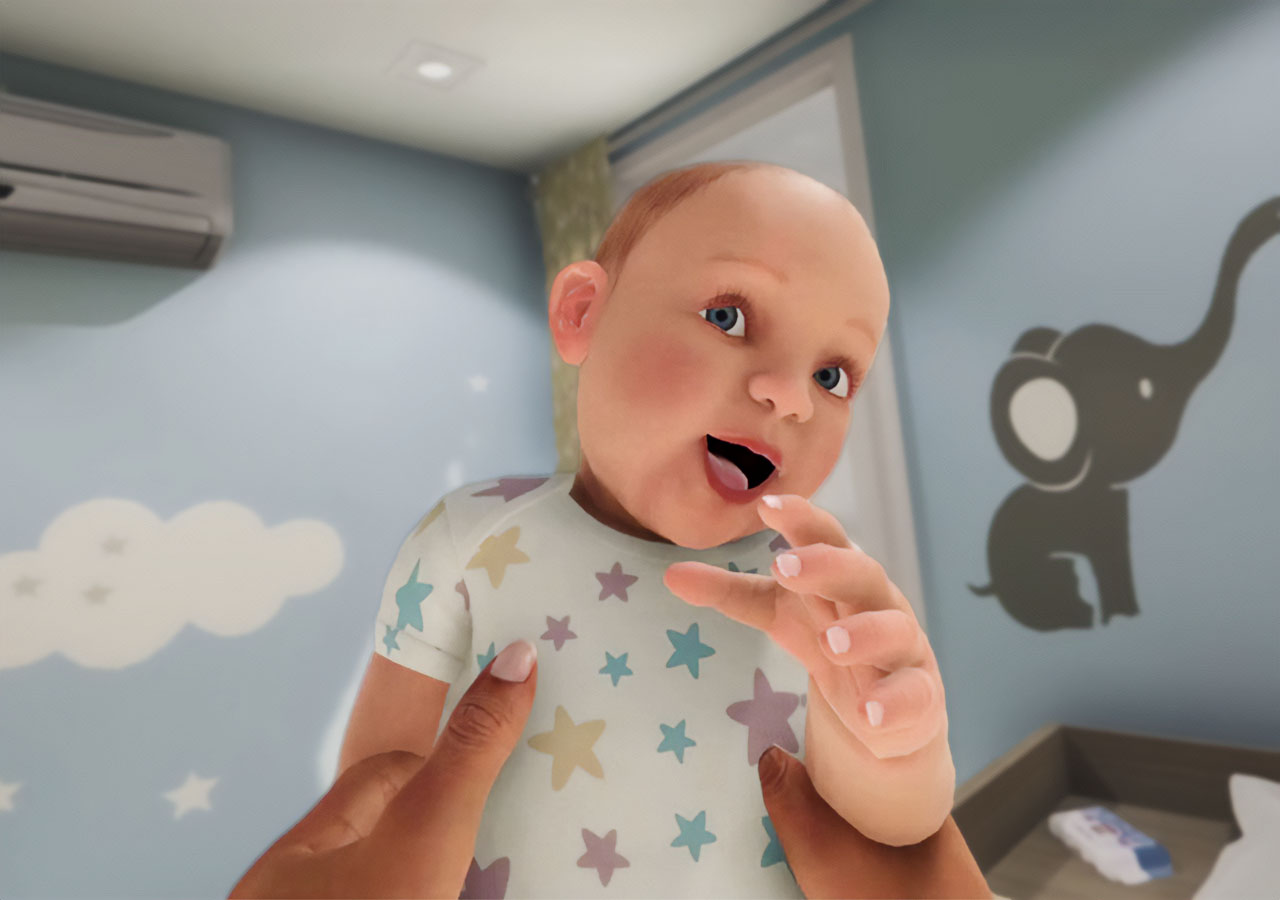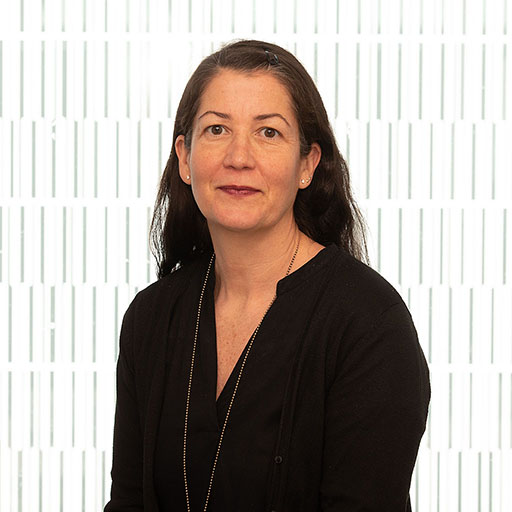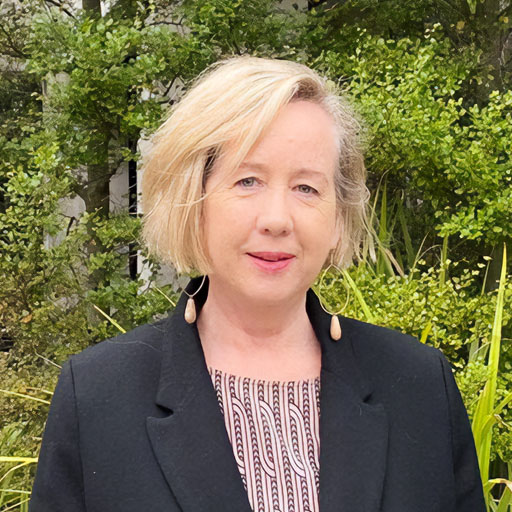Enhancing whanaungatanga with infants through immersive VR:
Case studies in early childhood education and healthcare
2024 – 2027

Summary
In response to Aotearoa New Zealand’s critical need for well-trained professionals in early childhood education (ECE) and healthcare, and confident parents, our research offers an innovative solution: The VR Baby training tool focused on enhancing relational skills in sensitive interactions, particularly between adults and infants.
At the heart of our approach lies whanaungatanga, the Māori value of forming and maintaining relationships. Through immersive VR experiences, our tool aims to develop intuitive responses and attentiveness to communicative cues, ultimately improving care-giving techniques in real-world encounters. By enhancing the quality of care and education provided to infants and paediatric patients, our VR-based approach has the potential to foster higher levels of well-being, reduce failure rates in early childhood learning and healthcare, and alleviate burdens on social services.
Our interdisciplinary team is dedicated to evaluating the impact of VR-enhanced training on relational skills and assessing its applicability across various professions. Early findings indicate significant improvements in professionals’ confidence and competence.
The impact of our research extends beyond professionals to the infants and their parents, as well as the broader IT and media training industry in New Zealand. We are committed to extracting design principles from our research to benefit IT and game development for training, ensuring that future professionals are equipped with the skills and knowledge necessary for compassionate and effective care.
Together, we are pioneering a new era in professional education, driven by intercultural values, innovation, and a shared commitment to the well-being of New Zealand’s youngest citizens.
Funding Acknowledgement
This project received Ministry of Business, Innovation and Employment (MBIE) Smart Ideas funding in the 2024 round of the Endeavour Fund.
Contacts
Assoc. Professor Heide Lukosch, HIT Lab NZ, University of Canterbury.
Prof. Jayne White, Faculty of Education
Related Projects


